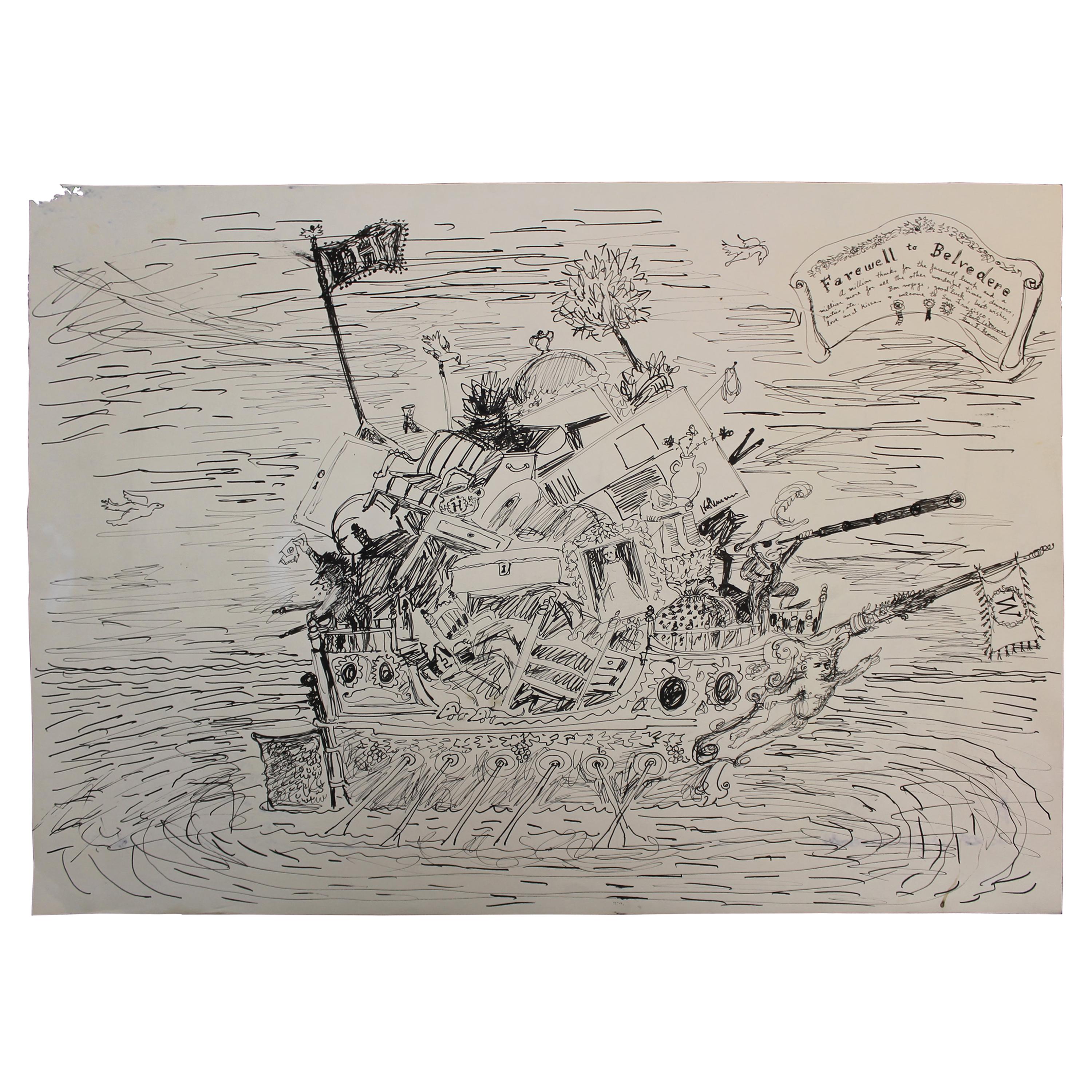

See Kuno Meyer and David Nutt (eds.) The Voyage of Bran, I (London: David Nutt, 1895), pp. Yeats and Irish Folklore (Dublin: Gill and Macmillan, 1980) for a thorough and insightful discussion of the value and importance of Yeats’s work on Irish folklore. Thomas De Quincey, Confessions of an English Opium Eater (London: Walter Scott, 1886). Cline (ed.) The Letters of George Meredith (Oxford: The Clarendon Press, 1970), III, p. I repressed my start and moderated my stare’. She spoke of your beautiful long letters. Even after I had brought her to laugh, the eyelids drooped. One fears she was not playing at abashment. In the Memoir (287), Elizabeth Sharp says, describing her husband’s activities in 1897, ‘On the 10th of June the author went for a night to Burford Bridge, in order to have some talks with George Meredith.’ Meredith wrote as follows to Alice Meynell in a letter dated June 13, 1897: ‘Miss Fiona Macleod was here on a day of last week: a handsome person, who would not give me her eyes for a time. The date of that visit can be pinned down precisely. The introduction to me was never made, and I believe it was all just part of Sharp’s masterly game of hide-and-seek.’ Ernest Rhys recalled Sharp’s saying to him, ‘I took her to see George Meredith, at his own earnest request and he was enchanted by her dark-Highland Beauty’ (Everyman Remembers, p. Putnam’s Sons, 114), Le Gallienne says Sharp further mystified him ‘by saying that “Fiona Macleod” was shortly coming to London, and that he intended to introduce her to three people only-George Meredith, Mr. In The Romantic ’ 90s (London and New York: G. Mosher, 1901), it had been revised, and a Foreword was added which became the ‘Prelude’ from which Jackson took this passage. When it appeared as a separate publication (Celtic: A Study in Spiritual History, Portland, Maine: Thomas B.

When it appeared in the Contemporary Review, the essay was strongly criticized by some Irish nationalists because of its Pan-Celtic position. ‘Celtic: an Essay’ was first published in the Contemporary Review in May 1900 and again, a few weeks later, in Fiona Macleod’s The Divine Adventure: Iona: By Sundown Shores (London: Chapman and Hall, 1900), 291–308. 5 of the Uniform Edition of The Works of ‘ Fiona Macleod’ (London: William Heinemann, 1910), 167–79 (Hereafter cited UE in the text). This passage is from an essay called ‘Prelude’ which preceded ‘Celtic: an Essay’ when the latter was published in Fiona Macleod’s The Winged Destiny: Studies in the Spiritual History of the Gael (London: Chapman and Hall, 1904).


 0 kommentar(er)
0 kommentar(er)
